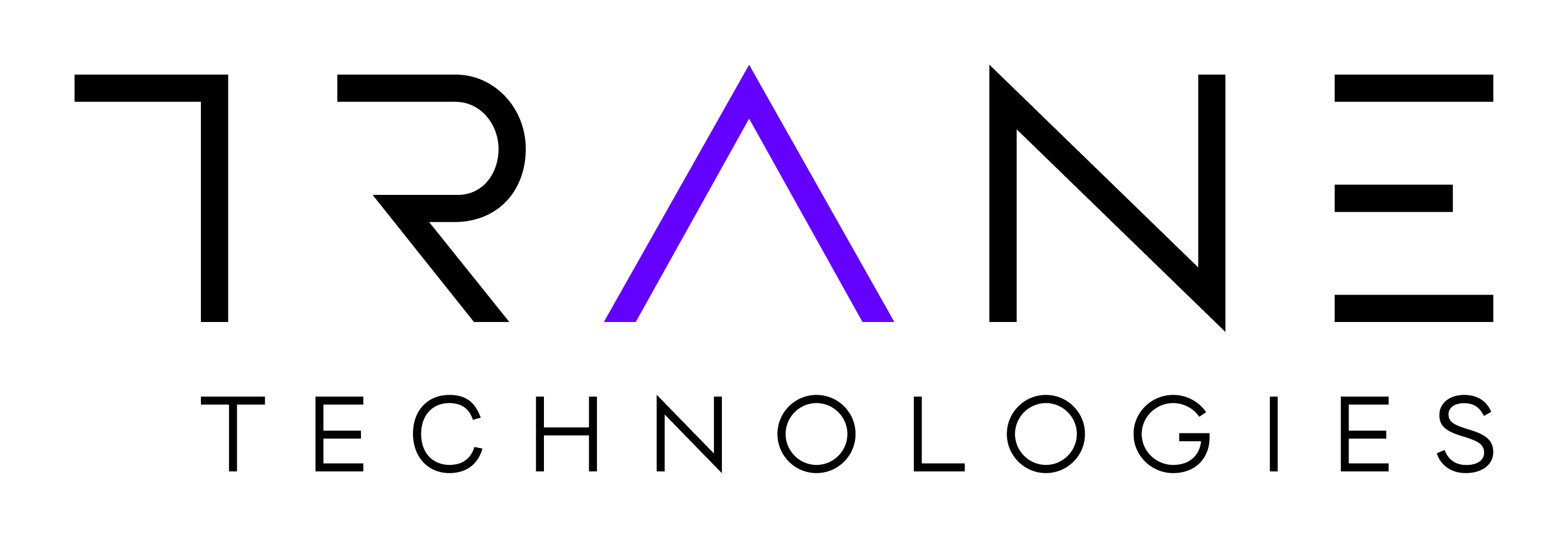National Bike Challenge Crosses Borders and Helps Employees Reduce Carbon Footprint, Get Fit and Boost Engagement
Employee-led involvement at facilities across the globe underscores the importance of employee engagement and community interaction, while having a huge environmental impact.

About the Challenge
Started in 2009 by the Kimberly-Clark Corporation as an internal challenge for its employees, the National Bike Challenge – then called the Get Up & Ride Challenge – was soon successfully piloted statewide in Wisconsin. Following the pilot, the challenge opened nationally in 2012 with the help of the League of American Bicyclists. The challenge tallied more than 45,000 participants riding more than 23 million miles in 2014. It runs from May 1 through September 30 and aims to protect the environment, create behavior change, challenge colleagues and communities, and unite 100,000 riders to pedal at least 35 million miles (details at National Bike Challenge).
Our Company’s Processes and Changes
During the 2014 and 2015 challenges, more than 120 employees from 13 Ingersoll Rand locations in the United States, France and Belgium joined forces to represent the company in the National Bike Challenge. These employees, from a variety of functions and locations, recruited fellow colleagues, family members and friends to join the Ingersoll Rand Bike Club. While individual participation is spurred by many reasons – including concern for the environment, wanting to improve health and liking a variety of transportation options – the resulting positive environmental impact is shared by all.
Founding members of individual Ingersoll Rand Bike Club teams relied on word of mouth to recruit and grow their teams. Through ever-growing networks, team members built relationships within the company that they may not have otherwise had the chance to cultivate. In the United States alone, 28 percent of all car trips are less than one mile and another 41 percent of all car trips are less than two miles (from Air Quality and Health Benefits from Reduced Car Travel). Given these relatively short distances, riding a bike is a viable alternative for people with shorter-distance travel.
Results and Benefits
Since biking is less harmful to the environment than using an automobile, the choice of Ingersoll Rand employees to ride their bikes impacted several key areas:
- Less CO2 emitted: Cars produce .97 pounds of pollution per mile driven (Bike to Work Day Facts)
- Less GHGs emitted: In 2013, greenhouse gas emissions from transportation accounted for about 27 percent of total U.S. greenhouse gas emissions, following only China (Sources of Greenhouse Gas Emissions)
Additionally, in the United States, there are 800 million car parking spaces, totaling 160 billion square feet of concrete and asphalt. The environmental impact of all car parking spaces adds 10 percent to the CO2 emissions of the average automobile (Bicycling + the Environment).
In total for the2014 and 2015 competition periods, Ingersoll Rand employees recorded:
- 129,028 pounds of CO2 saved
- More than $125,000 saved
- Biked more than 173,800 miles
The Ingersoll Rand Bike Club’s devotion to reducing their carbon footprint, getting fit and building community ties is evident as the team is ranked in the top 25 for 2015 out of the challenge’s more than 900 workplace teams.
See PDF of this Ingersoll Rand Sustainability Success Story.
See many Ingersoll Rand Sustainability Successes - in Operational Excellence, Product Stewardship & Innovation, and Social & Community Contributions.
###
About Ingersoll Rand
Ingersoll Rand (NYSE:IR) advances the quality of life by creating comfortable, sustainable and efficient environments. Our people and our family of brands — including Club Car®, Ingersoll Rand®, Thermo King® and Trane® — work together to enhance the quality and comfort of air in homes and buildings; transport and protect food and perishables; and increase industrial productivity and efficiency. We are a $13 billion global business committed to a world of sustainable progress and enduring results. For more information, visit www.ingersollrand.com.
Contact
Dan Berei, dand.berei@irco.com

